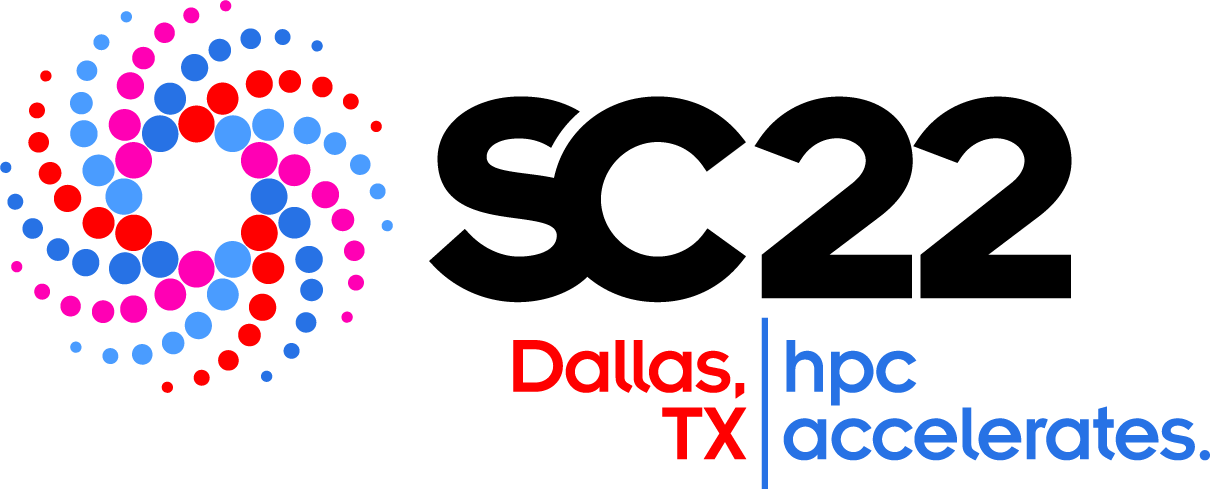
Impacting Cancer with HPC: Community Participation, Inclusion and Workforce
Date and Time TBD
Cancer is a disease that touches us all. As the importance of HPC and HPC technologies has grown in medical applications, underscored by several large scale initiatives including the 21st Century Cures Act, the first and now second Cancer Moonshot, the Precision Medicine Initiative, international efforts for biomedical digital twins, and the many efforts employing machine and deep learning involving large scale cancer data and high-performance computing. It is important to bring together the multiple interests as a community to increasingly share insight and expertise with a specific focus on cancer. The session aims to bring together those in the HPC field who have an interest in understanding and expanding the impact and critical role HPC can have on cancer.
Building on keen insights from the Computational Approaches for Cancer workshop at SC21 to raise awareness of the importance for diversity, equity and inclusion in the workforce as well as the data, the BoF this year is taking the emphasis to bring awareness of opportunities for individuals to get connected and join the computational cancer community, develop essential skills to enter the cancer workforce, as well as raise the awareness of the role for both unbiased data and precision data in AI applications.
The BoF is being organized to provide a framework for extending the learning and awareness about the significant role HPC has in fighting and treating cancer, both in specific domains and across many available technologies. The need to convene across technology domains is essential since both simulation and big data are key to making progress on this disease. Multiple HPC technologies, approaches to AI, cloud resources are used significantly in cancer prevention, diagnosis, treatment, monitoring and validation. The need for the HPC in cancer precision medicine only continues to grow in predictive oncology, data sharing, and accelerating treatment identification, and rapid diagnosis as simulations become more capable; AI more pervasive; and the integrated use of models and data increasingly used for research, development, validation and control in cancer research and treatment.
Session Leaders:
Eric Stahlberg, Frederick National Laboratory for Cancer Research
Jeff Buchsbaum, National Cancer Institute
Patricia Kovatch, Icahn School of Medicine at Mount Sinai
Thomas Steinke, Zuse Institute Berlin
Lynn Borkon, Frederick National Laboratory for Cancer Research
